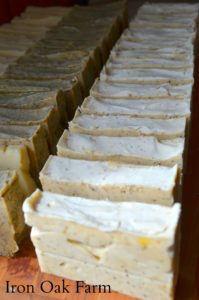 Laws are made to protect people. I feel strongly that abiding by laws is important for the peace of society and overall well-being of the community. However, as a homesteader it’s easy to find yourself bogged down by bureaucracy.
Laws are made to protect people. I feel strongly that abiding by laws is important for the peace of society and overall well-being of the community. However, as a homesteader it’s easy to find yourself bogged down by bureaucracy.
As farmers, homesteaders and do-it-yourselfers, we are faced with unique challenges in the nature of how we live our lives. We willingly give up conveniences like grabbing a gallon of milk at the grocery store for the more labor intensive experience of raising a goat or a cow, and all that comes with the care for that animal and the product that they produce. The same goes for gardening, or raising chickens, pigs or beef etc. It’s hard work, often expensive, especially at the beginning, and it takes time.
So why do we do it?
The answer is different for everyone. For some it’s a passion, others it’s tradition, or a belief in keeping integrity in our food production.
But it’s easy to feel defeated. Joel Salatin wrote a book called Everything I Want to Do is Illegal. The theme of that book pops into my head more often than it probably should. I just find it sad sometimes that people who are willing to work hard, who have passion, are often discouraged to the point of quitting because of rules and regulations that are difficult to understand, hard to find, and expensive to follow.
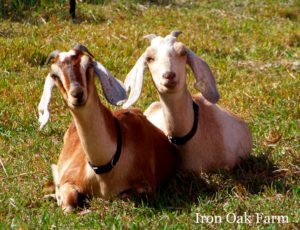 We raise Nubian dairy goats.
We raise Nubian dairy goats.
Before getting into dairy goats I knew that the Michigan Dairy laws were not something that I wanted to deal with. I didn’t have the funds, energy or time to become certified and able to sell to the public. Because of this, we decided that our goats would be pets and to provide nutrient-rich raw milk to our family.
Our first goat in milk was Esther. A HUGE goat who gave about a gallon a day.
At the time it was just my husband Zach and I. We drank a LOT of milk. Breakfast lunch and dinner, cereal, ice cream, creamed soups, you name it! We were a dairy family. Even the dog enjoyed fresh milk at least once a day!
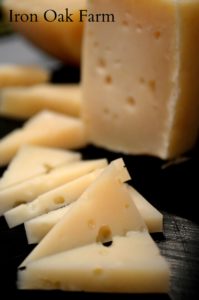 Finally we decided to take the dairy a step further. We rigged up a cheese cave, bought molds, enzymes and cultures. We tried our hand at Mozzarella, Parmesan, a pretty successful Swiss, ricotta, cream cheese, yogurt and of course chev’. Then we bought a cream separator and enjoyed fresh cream in recipes and coffee and made fresh goat butter and buttermilk.
Finally we decided to take the dairy a step further. We rigged up a cheese cave, bought molds, enzymes and cultures. We tried our hand at Mozzarella, Parmesan, a pretty successful Swiss, ricotta, cream cheese, yogurt and of course chev’. Then we bought a cream separator and enjoyed fresh cream in recipes and coffee and made fresh goat butter and buttermilk.
But in not being able to sell any of these products, the milk was still building up and I was throwing away a lot of it.
I then started researching how to make goat’s milk soap. I knew there were laws regarding the sale of dairy meant 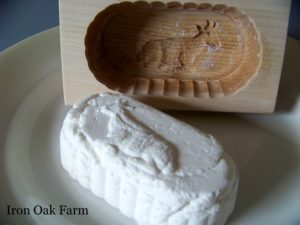 for consumption, but I never dreamed there were laws regarding something you wash your hands with.
for consumption, but I never dreamed there were laws regarding something you wash your hands with.
The process seemed simple enough. I happily made many batches of test soap and was extremely proud of the resulting product.
I gave away a few bars as Christmas presents that year and everyone raved!
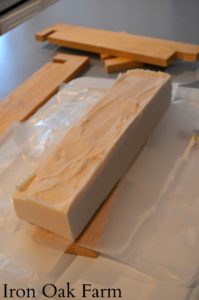 Word spread and I soon had people asking for homemade soap.
Word spread and I soon had people asking for homemade soap.
I began selling soap to friends of friends and after a while decided to add a few bars to our Etsy page.
I have to admit, I would sell out of everything I made and I really enjoyed the simplicity of the product. I was thrilled that we were putting our homegrown milk to good use, was making a small profit, and still following the laws…or so I thought.
Things were going great until I read an article in 2015 and I haven’t sold a bar since. I shut everything down and shook my head.
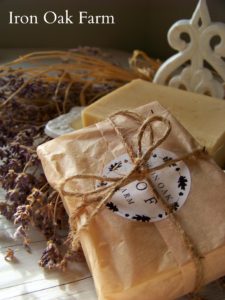 This is not the original article I read in 2015, but this post by Soap Queen, A Surprise Visit from the FDA is talking about the same instance. I couldn’t find the original.
This is not the original article I read in 2015, but this post by Soap Queen, A Surprise Visit from the FDA is talking about the same instance. I couldn’t find the original.
The article in short describes how a small-time soap seller was visited by the FDA after an agent noticed her soap for sale on the internet. The trigger that spurred the visit was that the seller was hinting at medicinal properties that her soaps might have.
It’s seems that any language that even hints at a medicinal property can be an issue. Especially claims that describe the benefits of adding herbs and essential oils. I would assume this would address things like calming oatmeal or healing oils.
According to the law, medicinal claims must be certified by the FDA.
To meet the definition of soap in FDA’s regulations, a product has to meet three conditions:
- What it’s made of: To be regulated as “soap,” the product must be composed mainly of the “alkali salts of fatty acids,” that is, the material you get when you combine fats or oils with an alkali, such as lye.
- What ingredients cause its cleaning action: To be regulated as “soap,” those “alkali salts of fatty acids” must be the only material that results in the product’s cleaning action. If the product contains synthetic detergents, it’s a cosmetic, not a soap. You still can use the word “soap” on the label.
- How it’s intended to be used: To be regulated as soap, it must be labeled and marketed only for use as soap. If it is intended for purposes such as moisturizing the skin, making the user smell nice, or deodorizing the user’s body, it’s a cosmetic. Or, if the product is intended to treat or prevent disease, such as by killing germs, or treating skin conditions, such as acne or eczema, it’s a drug. You still can use the word “soap” on the label.
You can read the entire regulation at 21 CFR 701.20.
The FDA goes on to differentiate what makes a cosmetic a cosmetic and further explains what makes something a medicinal property.
After the FDA visit, the seller had to make many changes to her soap making area, which cost her time, effort and money. She was also required to keep logs of her processes, which she spent a lot of time trying to decipher confusing requirements and laws.
In the agent’s defense, she does seem very nice and willing to help the seller. But these processes are just another added stress and hassle for the already struggling small business owner.
Sometimes I get why people don’t want to bother with the homesteading lifestyle. It’s easier to just go to a 9-5 job, watch TV in the evening and go golfing on the weekends.
So I took our soap down and stopped selling it…for now.
It was my choice. I could look into the process a bit better, but for now the income that we were getting with our soap sales is not worth the hassle of trying to be compliant. And it’s not worth the stress of an FDA agent showing up on the doorstep and wanting to see our soap making set up.
Our customers are frustrated, I’m frustrated…
Soap making is on hold.
Dairy is out…
 But we plow on right? That’s what homesteaders do. We pull ourselves up by our bootstraps and find a way.
But we plow on right? That’s what homesteaders do. We pull ourselves up by our bootstraps and find a way.
Any soap makers out there who can shed a bit more light on the subject? Are you aware of these regulations?
Leave a comment below or visit the Homestead Hustle Facebook page.





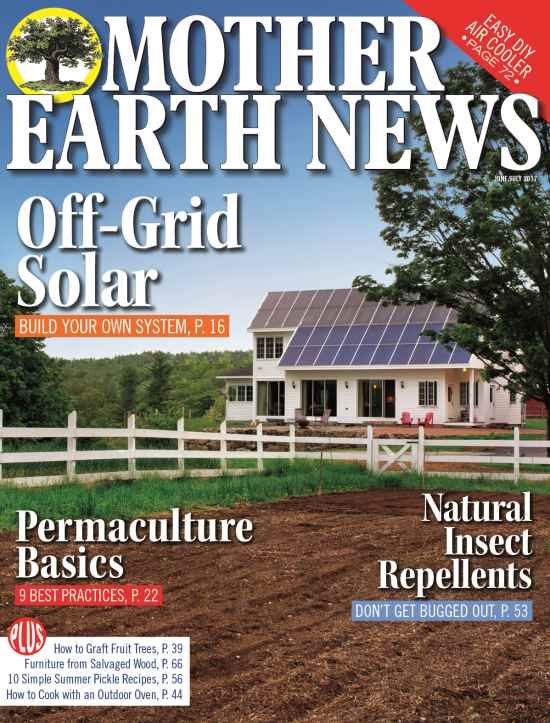




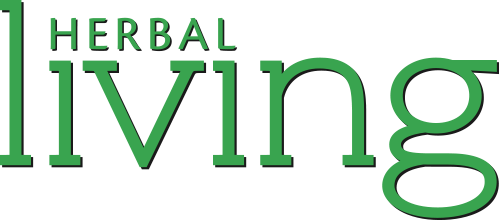
2 Comments
I read that Brambleberry article also. I don’t see how you would have a problem with selling your soap, esp. if just locally, as long as you don’t make any claims or descriptions about it.
I realize that this is an old post, but I wanted to encourage you not to give up with selling soap! If you label it simply as “Goat Milk Soap” and include the bar weight, as well as your Internet or physical address, you are compliant with federal labeling laws. I highly recommend Marie Gale’s website and book as THE resource out the for soap and cosmetic labeling. She also references state laws so you can ensure compliance with those, as well. It may seem daunting, but it is no harder (usually easier) than understanding and complying with food sale laws. Best wishes!